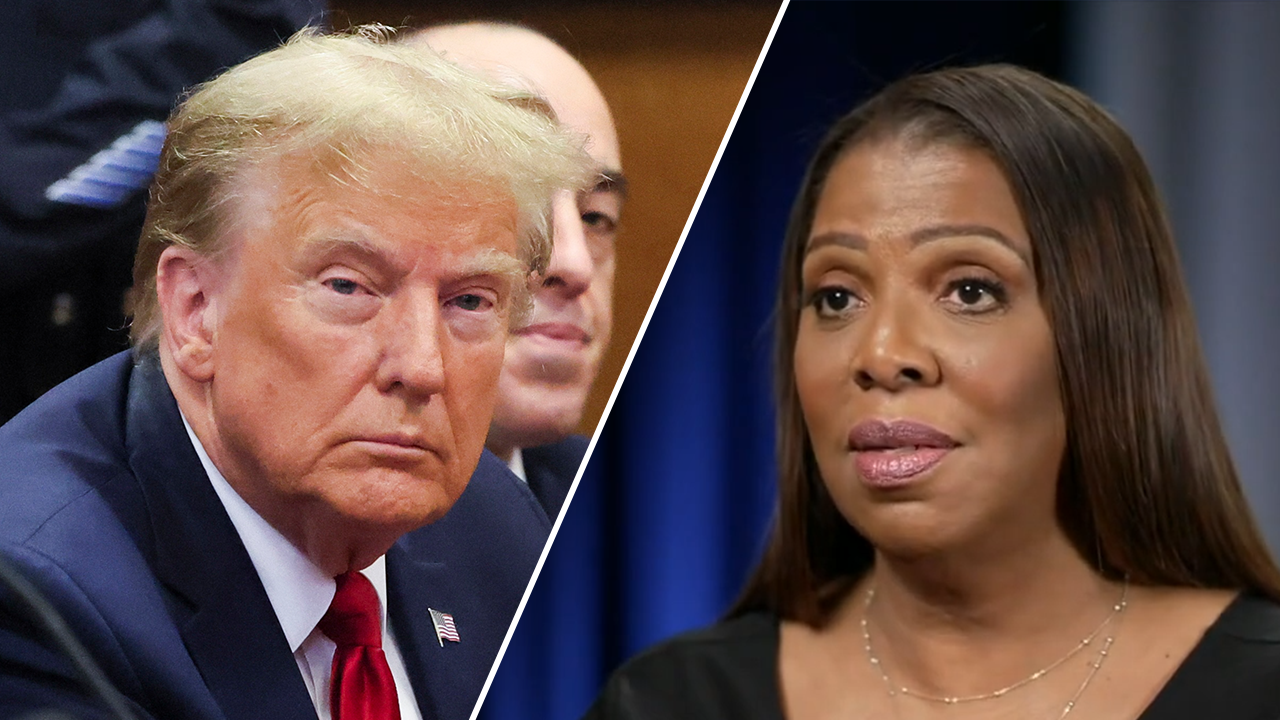‘Playing with the courts’: Trump admin hit with dozens of suits after years of president condemning ‘lawfare’

President Donald Trump’s return to the Oval Office has not brought an end to his legal battles. Instead, dozens of lawsuits have been filed against his administration as Democrats and activists vow to fight Trump and his policies in the judicial system. Trump faced four criminal indictments during the interim of his first and second administrations, which led to accusations of “lawfare” on the national stage. Despite the legal challenges, Trump was re-elected as president, with a resume that now includes “convicted felon” and a famous mugshot frequently displayed on pro-Trump apparel.
Since his inauguration on Jan. 20, President Trump has issued numerous executive orders and actions to implement his “America First” policies. These actions include efforts to reduce government overspending and mismanagement, banning biological men from competing in women’s sports, and deporting thousands of illegal immigrants who entered the country under the Biden administration. Trump has signed over 60 executive orders and actions, resulting in at least 49 lawsuits against him and his administration.
Democratic officials have criticized Trump’s policies, particularly the creation of the Department of Government Efficiency (DOGE), which is investigating federal agencies to cut government spending fat, corruption, and mismanagement of funds. House Minority Leader Hakeem Jeffries vowed to fight Trump’s agenda legislatively, in the courts, and in the streets. Rep. Jasmine Crockett also expressed opposition to Trump’s policies at a protest over DOGE and its chair, Elon Musk.
Among the plaintiffs in the lawsuits against Trump are New York Attorney General Letitia James, labor unions, and left-wing advocacy groups. James, who launched her run for New York attorney general in 2018, has been a vocal critic of Trump and has taken legal action against him since his first administration. She brought forth a civil fraud suit against Trump and the Trump Organization, resulting in a $454 million civil fraud judgment against Trump, which is currently on appeal.
James has spearheaded at least five legal actions against the Trump administration in 2025, including leading a coalition of state attorneys general to sue the federal government over DOGE’s access to internal systems. She has also filed a lawsuit related to grant funding cuts to research institutions and universities. Trump has criticized James and the lawsuits against him, calling New York the “most corrupt State in the Union” and urging judges and elected officials to stop the “lawfare.”
Labor unions that previously sued the first Trump administration are also back in court, including the American Federation of Teachers and the American Federation of Government Employees. Despite the legal challenges, Trump remains steadfast in his efforts to implement his policies and defend his administration against the onslaught of lawsuits. The legal battles are expected to continue as both sides remain committed to fighting for their respective agendas in the judicial system.




